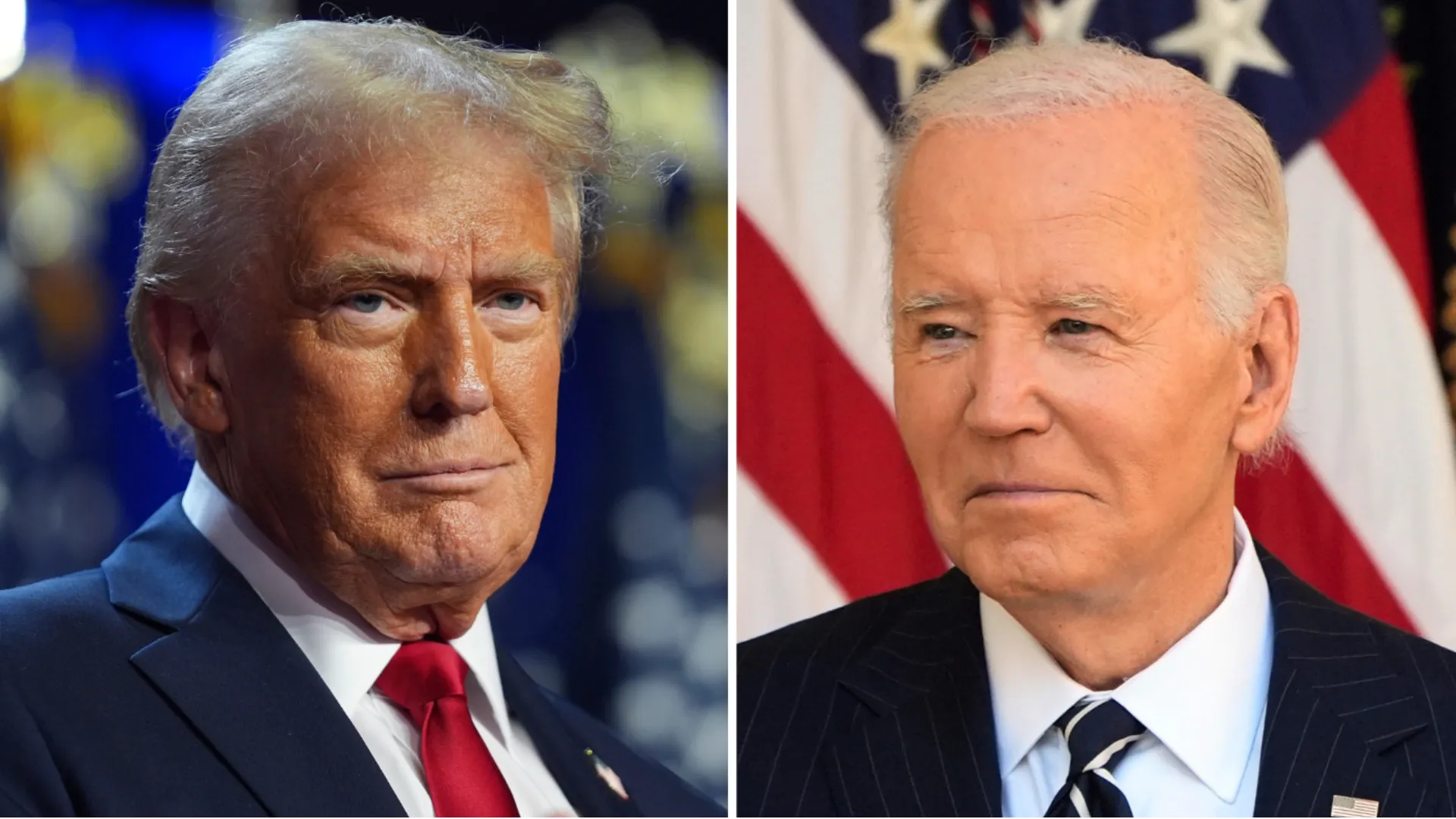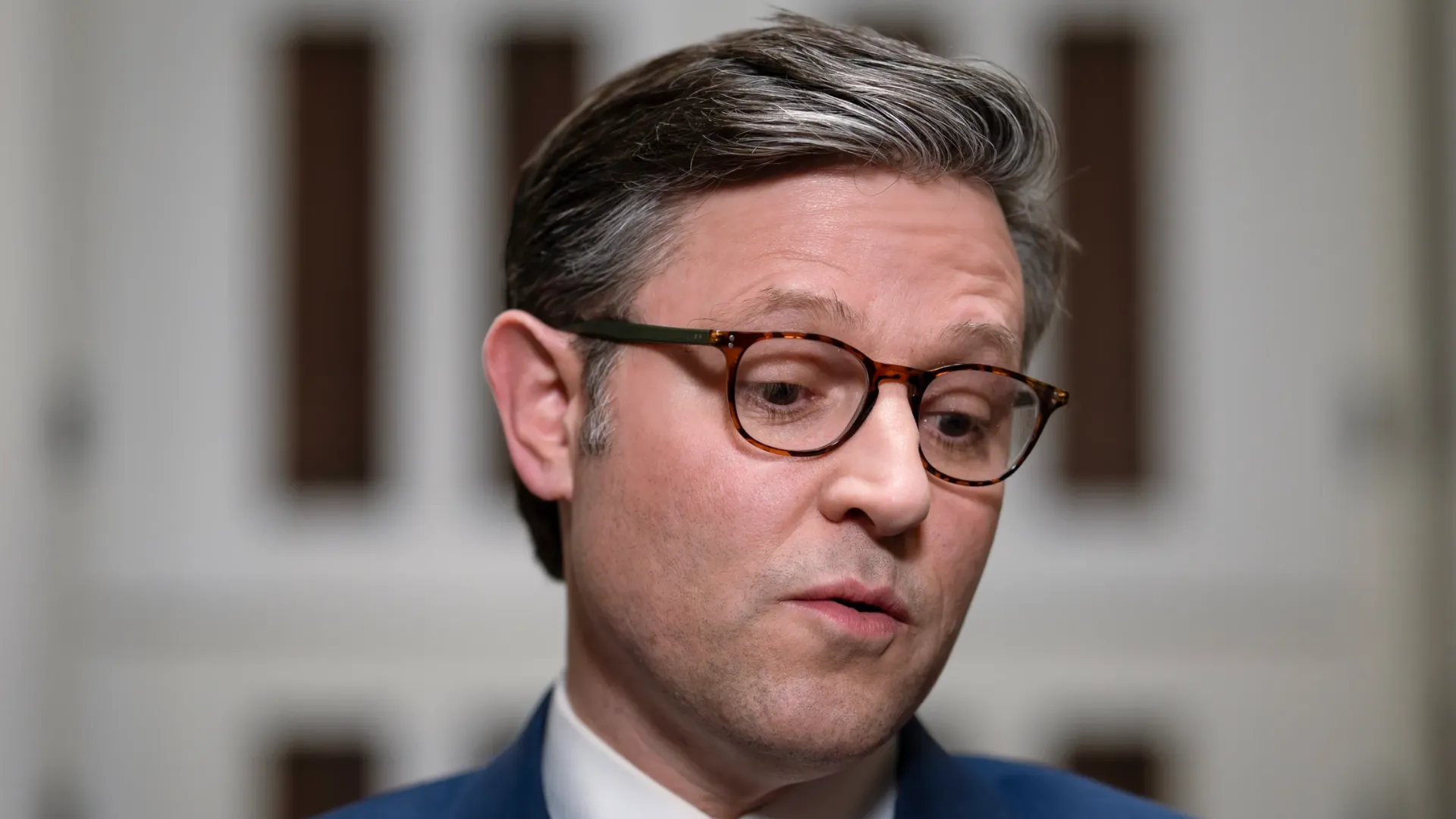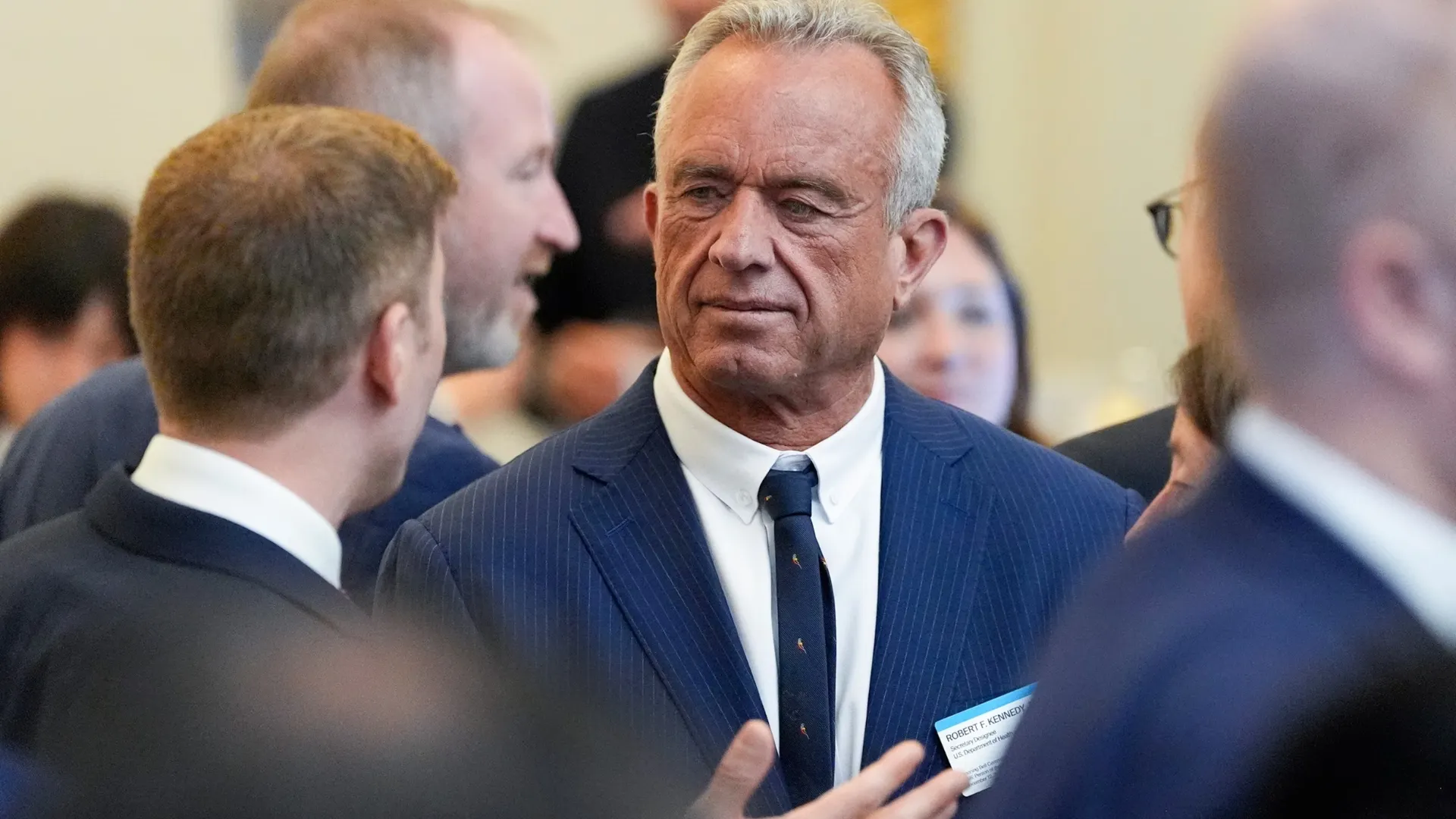
Elon Musk called for a major restructuring of the U.S. government on Thursday, urging the removal of entire federal agencies as part of his push under President Donald Trump to drastically reduce spending and refocus government priorities.
Speaking via video call at the World Governments Summit in Dubai, United Arab Emirates, Musk laid out what he described as the Trump administration’s key objectives while also making multiple references to “thermonuclear warfare” and the risks of artificial intelligence.
“We really have here rule of the bureaucracy as opposed to rule of the people — democracy,” Musk said, dressed in a black T-shirt that read “Tech Support.” Jokingly, he referred to himself as the “White House’s tech support,” a nod to his bio on the social platform X, which he owns.
Musk, now leading the Department of Government Efficiency, has significantly expanded his influence within the federal government with Trump’s backing. His role has involved sidelining career officials, gaining access to sensitive data, and engaging in a constitutional battle over executive authority.
Given his new position, Musk’s remarks carried additional weight beyond his status as one of the world’s wealthiest individuals through his ownership of SpaceX and Tesla.
“I think we do need to delete entire agencies as opposed to just leaving a lot of them behind,” Musk said. “If we don’t remove the roots of the weed, then it’s easy for the weed to grow back.”

His comments come amid Trump’s efforts to dismantle numerous government entities, including the U.S. Agency for International Development (USAID). Musk directly criticized organizations like the National Endowment for Democracy, questioning their effectiveness.
“There’s like the National Endowment for Democracy. But I’m like, ‘Okay, well, how much democracy have they achieved lately?’” Musk remarked.
He also emphasized Trump’s focus on reducing American intervention abroad, advocating for a less aggressive foreign policy.
“A lot of attention has been on USAID, for example,” he said. “The U.S. under Trump is less interested in interfering with the affairs of other countries.”
Speaking to an audience in the UAE, Musk’s words resonated with leaders in the autocratically governed nation. “There are times the United States has been kind of pushy in international affairs, which may resonate with some members of the audience,” he added.
“Basically, America should mind its own business, rather than push for regime change all over the place.”
In addition to government restructuring, Musk touched on Trump’s ongoing efforts to eliminate diversity, equity, and inclusion (DEI) initiatives. He suggested a link between DEI policies and AI, making a controversial claim about potential dangers.

“If hypothetically, AI is designed for DEI, you know, diversity at all costs, it could decide that there are too many men in power and execute them,” Musk said.
His views on artificial intelligence also extended to his competition with OpenAI. Musk, who recently led a $97.4 billion takeover bid for OpenAI, used the summit to criticize Sam Altman’s leadership of the company.
He likened OpenAI’s evolution to a nonprofit that aimed to save the Amazon rainforest turning into a “lumber company that chops down the trees.” A court filing submitted on Musk’s behalf indicated that he would withdraw his acquisition bid if OpenAI abandoned its plan to transition into a for-profit entity.
Musk also provided an update on X’s AI chatbot, Grok 3, suggesting it would be ready within two weeks and calling it “kind of scary.”
Shifting gears, Musk announced a new infrastructure initiative, revealing plans for a “Dubai Loop” project in line with his Boring Company’s tunneling work. His company has already built underground transit routes in Las Vegas to enhance transportation efficiency, and Dubai now appears to be the next target.
Following Musk’s remarks, Dubai’s Crown Prince Sheikh Hamdan bin Mohammed Al Maktoum issued a statement confirming discussions with the Boring Company about a 17-kilometer (10.5-mile) underground network.
The proposed system would include 11 stations capable of transporting over 20,000 passengers per hour. However, no financial details were provided.
“It’s going to be like a wormhole,” Musk said. “You just wormhole from one part of the city — boom — and you’re out in another part of the city.”
Musk’s increasing role in U.S. government affairs, combined with his business expansion overseas, highlights his growing political and economic influence.
His calls for drastic federal agency cuts and a shift in America’s foreign policy approach align with Trump’s broader objectives, reinforcing the tech mogul’s position as a key figure in shaping the administration’s direction.

As Musk continues to push for radical changes, his involvement in both domestic and global affairs is expected to deepen, making him one of the most influential non-elected figures in modern U.S. politics.



